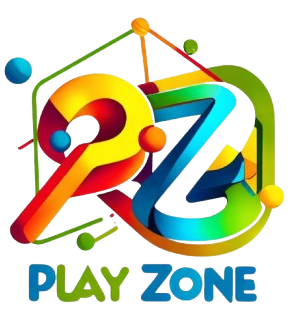Online gaming has become one of the most influential forces in modern entertainment, transforming how people play, communicate, and build communities in the digital world. With millions of players logging in every day across various platforms, from smartphones rina4d to consoles and PCs, online gaming has moved far beyond being just a hobby—it’s now a lifestyle, a profession, and a powerful cultural phenomenon.
The evolution of gaming from offline, single-player experiences to fully immersive, online multiplayer worlds has changed the very definition of play. Today, players can team up or compete with others around the globe in real time. Games like Fortnite, Roblox, and Counter-Strike have created vast online universes where players not only engage in challenges but also express themselves through customizable characters, skins, and even player-built content. These virtual worlds often mirror real-life social interactions, with friendships, rivalries, and communities forming entirely within the game.
One of the biggest appeals of online gaming is its accessibility. Anyone with an internet connection can join, whether it’s for a quick mobile game during a break or a late-night session with friends across the world. This global access has helped break down cultural and language barriers, allowing people from different backgrounds to connect over a shared interest. It has also fostered a sense of belonging for many who might feel isolated in their daily lives, offering them a space where they can be themselves and feel valued.
Online gaming is no longer just about play—it’s also about performance. The rise of eSports has turned competitive gaming into a billion-dollar industry, with professional players, sponsored teams, and massive international tournaments drawing audiences that rival traditional sports. Streaming platforms like Twitch and YouTube Gaming have turned everyday players into influencers, attracting millions of viewers and changing how games are marketed and played. This shift has opened new career opportunities in game development, broadcasting, content creation, and digital marketing.
While the positives are clear, online gaming does come with its share of challenges. Excessive screen time, online harassment, and gaming addiction are growing concerns among parents, educators, and mental health professionals. Many developers are now introducing features like parental controls, reporting tools, and time limits to encourage responsible gaming. Efforts are also being made to create more inclusive and safe environments where players of all ages and backgrounds can enjoy gaming without fear of discrimination or abuse.
As technology continues to advance, so will the online gaming experience. Virtual reality, augmented reality, and artificial intelligence are expected to make future games even more immersive and interactive. The gaming world is also becoming more inclusive, with games designed to appeal to a wider range of players, regardless of age, gender, or ability.
In the end, online gaming is much more than just a form of entertainment. It’s a powerful medium that blends creativity, competition, and connection. It reflects the way people live, learn, and socialize in a digital age, and its influence will only continue to grow in the years to come.
